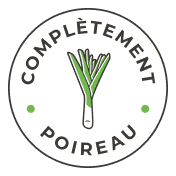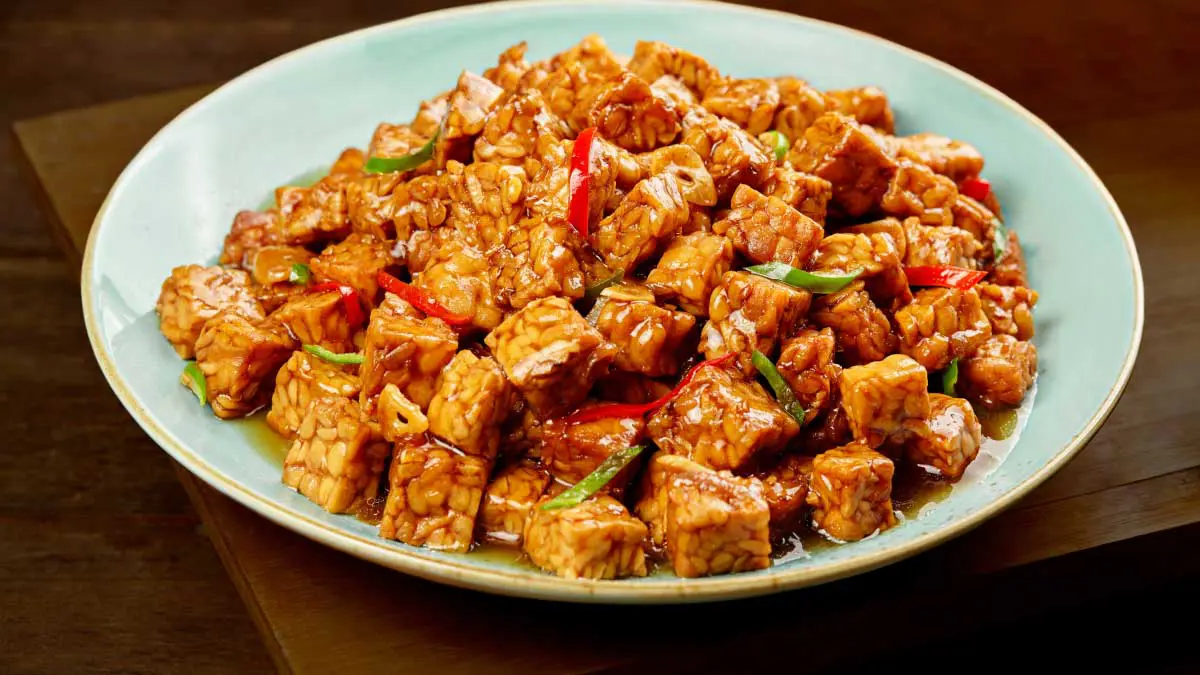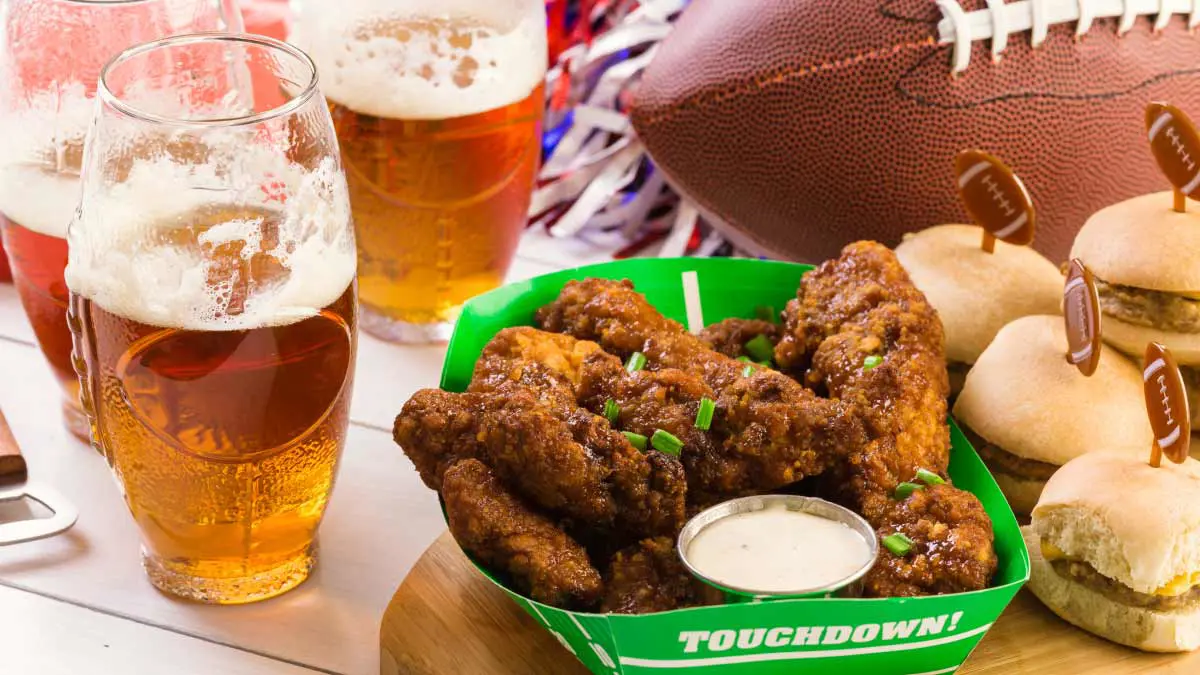What if we played cooking?!
Passing on culinary knowledge ensure the sustainability of alimentary habits which we work hard to inculcate to our childrens. Without what, they'll be informed and will know healthy life habits, but won't have developed necessary habilities to keep it into their adult life. The quicker we initiate them, more the interest is developed and messages transmitted firmly rooted. On top of having good times with our children, we transmit values, stimulate dexterity, work on reading comprehension, development of a work structure and organization.
As for myself, the most rewarding, is that childrens loves to cook with me and they are particularly proud of their gastronomical realization. To see them smile, their nose full of flour, melt my mother's heart!
Holidays are soon to come, it's a great occasion to make our childrens participate to the preparation of meals and sweets we taste after a day full of outdoors activities.
How to do so?
With 2 to 5 years old :
Focus on the participation and realization of the making of original and creative snacks.
Perched over a small bench, your children play assistant cook.
- Make him wash salad leaves, they love playing with water!
- Make them build a plates of vegetables, put together skewer of sliced fruits.
- You're searching for guaranteed success? Offer creating a small figure with toothpicks, fruits, sliced vegetables and cheese pieces.
Take this time to name foods, their botanical nature or even name in which alimentary group it classifies.
With 6 to 8 years old :
This age group is still too young to use an oven, stove, manipulate a knife and a grater. But, he can still create with foods ready to assemble.
- Initiate them with a butter knife.
- Learn logic of meal making.
- Make them assemble wraps, sandwich, pizza, croque-monsieur, yogurt parfaits and Spring rolls.
- With his helps, set up the table with small plates containing everything to assemble.
- Prepare in front of him an exemple of the meal. Gave him directions and necessary tips for its success.
- Then, let him go! He'll like it and curiously... he risks to eat everything!
In school environments, childrens learn basis of an healthy snack and are shown the Canadian Food Guide. You can revise with him what he knows about it. You can get the food guide and additional informations about it on the Health Canada website: http://www.hc-sc.gc.ca/fn-an/food-guide-aliment/index-fra.php
With 9 to 12 years old :
At this age, they're ready to learn safely how to use carefully a knife and a cheese grater. Explain to him how differents electric appliances work while explaining the risks and precautions of use. Even if you wish for him to not use it while you aren't there, to understand well its functions and risks could prevent many accidents.
- Ask your children to choses some recipes which he would like to learn.
- Chose simple recipes that requires few ingredients and which do not take too much times to prepare.
- After reading the recipe at least 2 times, ask to your child to explain to you what he understood of this recipe.
- Then, accompany him with the confection while letting him gather the ingredients, slice, measure and mix it. The more he'll develop autonomy, the more he'll be proud of its success and be motivated to try again the experiment.
Revise with him notions of an equilibrated meal that contains at least 3 of 4 groups of the Canadian Food Guide.
With 12 years old and +
Start to let some culinary responsability to your children. Involved them in your recipes choices, with the preparation and purchasings. Teenagers can sure be responsible for a meal a week. Suggest him different recipes to develop his knowledge and his autonomy in the kitchen.
Enjoy this time together to learn about his perception of its body image, the importance he gaves to his alimentation to maintain a good health. Undertsand what makes him eat; hunger, appetite, boredom... Avoid lecturing and advices, be attentive and listen. The more we let them talk, the more they tell us!
Happy Holidays!




